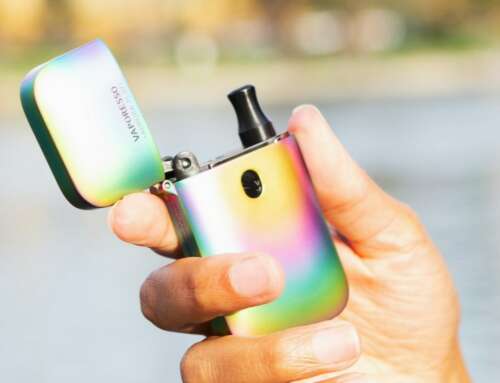The message is loud and clear; the safest option for pregnant women is not to drink. This is the finding of leading Australian health experts, despite earlier research suggesting that moderate drinking may not cause harm to a foetus.
The following organisations have joined together to make sure this message is heard by the greater community:
- The National Organisation for Fetal Alcohol Syndrome and Related Disorders (NOFASARD)
- Alcohol Education & Rehabilitation Foundation (AER Foundation)
- FASD Scientific Network from the University of Queensland (FASDSN)
- Russell Family Fetal Alcohol Disorders Association (RFFADA)
Health experts from these organisations said that there is no known safe level of alcohol consumption for women while pregnant.
Overwhelming evidence from more than 30 years of research indicates that alcohol can be harmful to the developing foetus throughout the entire pregnancy.
AER Foundation Deputy Chairman, Scott Wilson, added: “There is still no consensus on a safe level of drinking while pregnant. There are mixed messages out there, making it difficult for women to know what to do. The advice from medical experts and the Australian National Health and Medical Research Council Guidelines is that not drinking alcohol is the safest option for a developing baby.”
The Alcohol Education & Rehabilitation Foundation (AER) agrees that numerous studies around the world have proved that women who drink heavily while pregnant risk giving birth to children with a number of abnormalities including:
- behavioural problems
- birth defects
- problems with growth development, and
- learning difficulties.
Collectively these disorders are known as Fetal Alcohol Spectrum Disorders (FASD).
NOFASARD Spokesperson Sue Miers said: “FASD is the leading cause of preventable disability in childhood. The Australian National Council of Drugs’ research reveals that 450,000 children live in households where there is at least one adult who regularly binge drinks, so it can be argued that FASD is a hidden epidemic in Australia.”
Although drinking during pregnancy may not directly have a detrimental effect on the unborn child, other factors may come into play.
FASDSN Adjunct Researcher Dr Janet Hammill “It is highly unlikely that light drinking alone led to a decreased chance of children developing behavioural problems. In the British study, other benefits such as diets, healthier lifestyles and the respondents’ level of education may have also been contributing factors.”
If you have questions or concerns about alcohol and pregnancy, contact the RFFADA Help Line on 1800rffada.
Writer Helen Splarn. Editor Dr Ramesh Manocha
Source: Alcohol Education & Rehabilitation Foundation (AER)







Leave A Comment